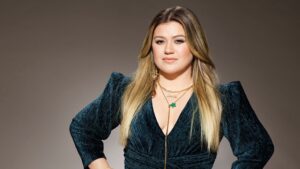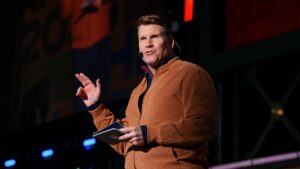In a victory for advocates of public health, six additional states have been granted waivers to prohibit the purchase of soda, candy, and other high-sugar junk foods through the Supplemental Nutrition Assistance Program (SNAP).
The waivers, which modify the definition of eligible food for purchase under SNAP, were approved for West Virginia, Florida, Colorado, Louisiana, Oklahoma, and Texas. The new restrictions will be implemented in 2026.
The total number of states seeking to limit SNAP purchases of unhealthy foods now stands at 12. Earlier this year, Nebraska, Iowa, Indiana, Arkansas, Idaho, and Utah also received waivers from the Trump administration.
“For years, SNAP has used taxpayer dollars to fund products like soda and candy, which contribute to America’s diabetes and chronic disease epidemics,” said Health Secretary Robert F. Kennedy Jr. “These waivers aim to prioritize real food in the program and empower states to protect public health.”
Secretary of Agriculture Brooke Rollins commended the efforts made by states, particularly those led by Republicans, to enhance the health and nutritional support offered through SNAP.
Approximately 42 million low-income Americans receive food stamp assistance each month, including one in five children under 17, according to a report released by the Trump administration earlier this year.
“It is remarkable to see so many states taking action at this critical juncture in our nation’s history to address chronic health issues,” Rollins commented after the latest announcement of new waivers. “President Trump has initiated change, and the entire Cabinet is striving to Make America Healthy Again. These state waivers promote healthier choices for families in need.”
Of the 12 states granted SNAP waivers so far, all will prohibit the use of SNAP funds to buy sugary drinks, including soda. At least eight states intend to ban the purchase of candy using SNAP funds. Some states, such as Florida, Louisiana, and Nebraska, will also ban energy drinks, while others, like Arkansas, will restrict drinks with less than 50% natural juice.
ABC News medical correspondent Darien Sutton criticized the move, asserting that it lacks evidence to support its purported goal of improving health outcomes.
“There’s no evidence that restricting access to soda will effectively combat these conditions,” Sutton remarked. “Sugar is a known culprit that must always be monitored.”
Sutton highlighted that U.S. dietary guidelines recommend men limit their daily sugar intake to 35 grams and women to 25 grams.





